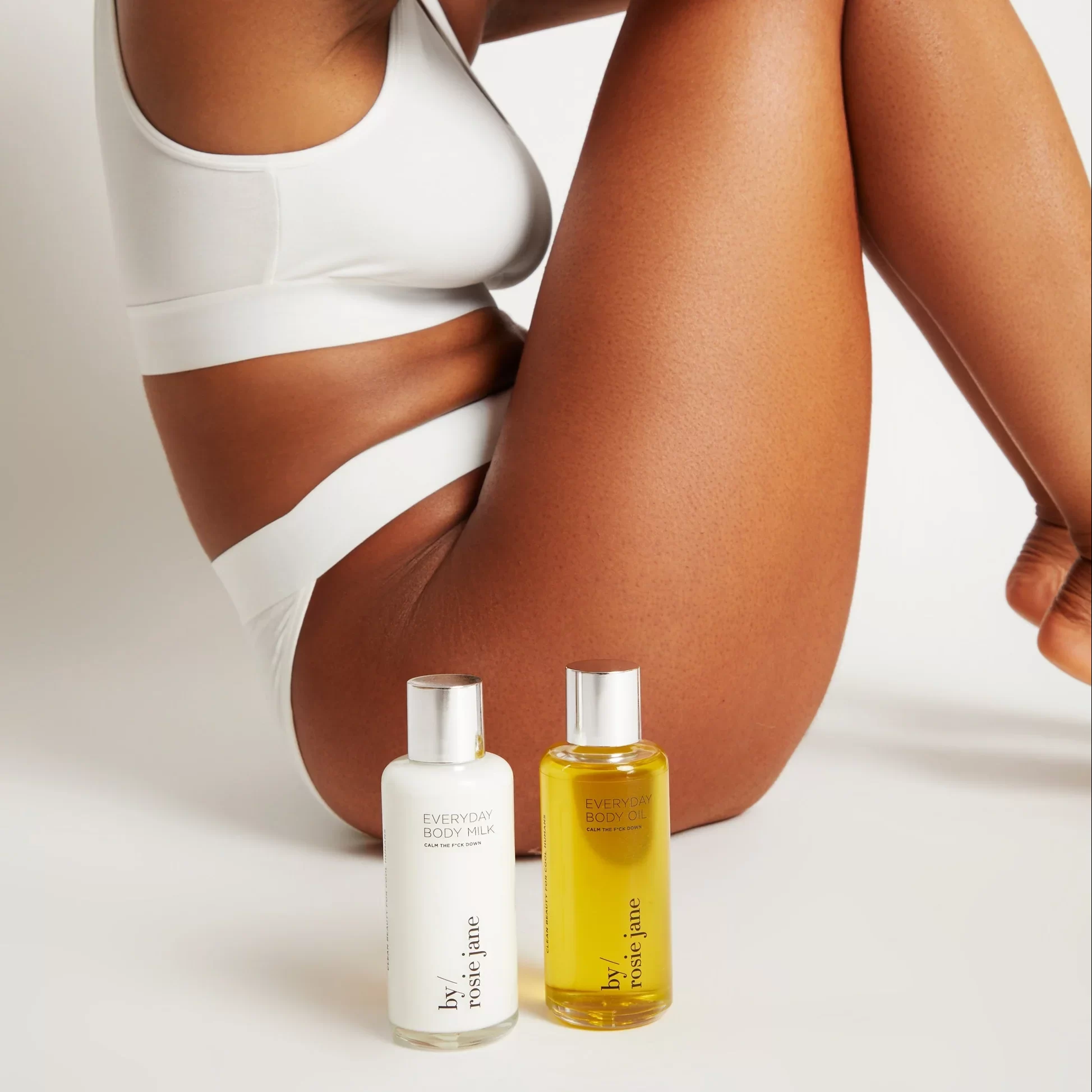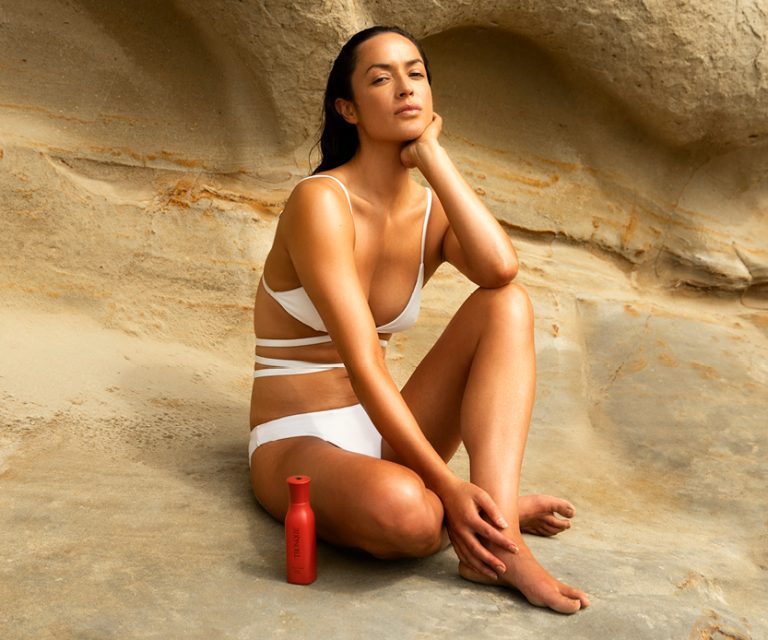
The Allure of Perfume Body Oil
The Allure of Perfume Body Oil: A Luxurious Alternative to Traditional Fragrances
In the ever-evolving world of personal fragrances, perfume body oils have emerged as a luxurious and long-lasting alternative to traditional alcohol-based perfumes. These sensual, skin-loving formulations offer a unique approach to scent, providing not only a captivating aroma but also nourishing benefits for the skin. As more fragrance enthusiasts discover the allure of perfume body oil, their popularity continues to grow, challenging the dominance of conventional spray perfumes. This comprehensive guide explores the world of perfume body oils, delving into their composition, benefits, application techniques, and the art of choosing the perfect scent for every occasion.
Understanding Perfume Body Oils: Composition and Characteristics
Perfume body oils differ significantly from traditional alcohol-based perfumes in their composition and how they interact with the skin. These oils typically consist of a carrier oil base, such as jojoba, almond, or coconut oil, infused with concentrated fragrance oils or essential oils. The absence of alcohol in these formulations results in a gentler, more skin-friendly product that moisturizes while imparting scent.
The oil-based nature of these perfumes allows for a slower, more controlled release of fragrance molecules. As the oil warms on the skin, it gradually releases its aroma, creating a subtle yet lasting scent that evolves throughout the day. This characteristic gives perfume body oils excellent longevity, often outlasting their alcohol-based counterparts.
Another key feature of perfume body oils is their ability to meld with the wearer’s natural body chemistry. The interaction between the oil and the skin’s warmth creates a unique scent profile for each individual, resulting in a more personalized fragrance experience. This intimate connection between scent and skin contributes to the growing appeal of perfume body oils among those seeking a signature fragrance that truly becomes their own.
The Benefits of Perfume Body Oils: Beyond Just Fragrance
The advantages of perfume body oils extend far beyond their captivating scents. One of the primary benefits lies in their skin-nourishing properties. The carrier oils used in these formulations often contain vitamins, antioxidants, and fatty acids that help moisturize and protect the skin. This dual-action of fragrance and skincare makes perfume body oils an excellent choice for those with dry or sensitive skin who may find traditional alcohol-based perfumes too harsh or drying.
Perfume body oils also offer a more subtle and intimate scent experience compared to spray perfumes. The fragrance stays closer to the skin, creating a personal aroma bubble that doesn’t overwhelm those around you. This characteristic makes perfume body oils ideal for close encounters and professional settings where a strong fragrance might be inappropriate.
The longevity of perfume body oils stands out as another significant advantage. The oil base allows the fragrance to adhere to the skin more effectively, resulting in a scent that can last for hours without the need for reapplication. This extended wear time not only ensures that the wearer enjoys their chosen fragrance throughout the day but also makes perfume body oils a cost-effective option in the long run.
For those with sensitivities to alcohol or synthetic ingredients commonly found in traditional perfumes, perfume body oils can provide a welcome alternative. The natural ingredients used in many oil-based fragrances are less likely to cause irritation or allergic reactions, making them accessible to a wider range of fragrance lovers.
Selecting the ideal perfume body oil involves consideration of personal preferences, skin chemistry, and the intended occasion or setting for wear. Understanding fragrance families and notes can help in making an informed choice that resonates with individual tastes and complements one’s natural scent.
Fragrance families for perfume body oils mirror those of traditional perfumes, including floral, oriental, woody, and fresh categories. Floral oils offer a classic, feminine appeal with notes of rose, jasmine, or lily. Oriental scents provide a rich, sensual experience with warm, spicy notes like vanilla, amber, or musk. Woody fragrances evoke a sense of sophistication and grounding, featuring notes such as sandalwood, cedar, or patchouli. Fresh scents, with their crisp, clean notes of citrus, herbs, or aquatic accords, offer a revitalizing and energizing option.
When choosing a perfume body oil, consider the top, middle, and base notes that make up the fragrance profile. Top notes provide the initial impression and tend to be lighter, more volatile scents. Middle notes, or heart notes, emerge as the top notes dissipate and form the core of the fragrance. Base notes are the foundation of the scent, providing depth and longevity. In oil-based perfumes, these notes often unfold more gradually and seamlessly compared to alcohol-based fragrances.
Testing perfume body oils on the skin is crucial, as the oil will interact with individual body chemistry to create a unique scent. Apply a small amount to pulse points and allow it to settle for at least 30 minutes to experience how the fragrance develops and melds with your natural scent. This trial period is essential, as the true character of the perfume body oil may not be immediately apparent upon initial application.

Application Techniques: Maximizing the Impact of Perfume Body Oils
The application of perfume body oils differs from that of traditional spray perfumes, requiring a more deliberate and tactile approach. To maximize the impact and longevity of the fragrance, focus on applying the oil to pulse points where blood vessels are closer to the skin’s surface. These areas, including the wrists, neck, behind the ears, and inner elbows, generate more heat, helping to diffuse the scent throughout the day.
For a subtle, all-over fragrance, consider applying the perfume body oil immediately after showering, while the skin is still slightly damp. This technique allows the oil to be distributed evenly and absorbed more effectively, creating a light veil of scent that envelops the body. Alternatively, mix a few drops of the perfume oil with an unscented body lotion for a customized, fragranced moisturizer that nourishes the skin while imparting a gentle aroma.
Layering perfume body oils can create a more complex and personalized scent profile. Start with a base of a single-note oil, such as vanilla or sandalwood, and layer complementary scents on top to build a unique fragrance. This method allows for creativity and customization, enabling wearers to adjust their scent based on mood, season, or occasion.
When applying perfume body oils, less is often more. Start with a small amount and build up gradually if needed. The concentrated nature of these oils means that a little goes a long way, and overapplication can result in an overwhelming scent. Remember that the fragrance will develop and intensify as it warms on the skin, so give it time to settle before deciding if more is needed.
The Art of Crafting Perfume Body Oils: Ingredients and Formulation
The creation of perfume body oils is an art form that combines scientific precision with creative intuition. At the heart of any quality perfume body oil lies the carrier oil, which serves as the base for the fragrance. Popular carrier oils include jojoba, which closely mimics the skin’s natural sebum, lightweight almond oil, and nourishing coconut oil. The choice of carrier oil influences not only the feel of the product on the skin but also how the fragrance notes unfold over time.
Fragrance oils or essential oils provide the scent profile of the perfume body oil. These concentrated oils can be natural, synthetic, or a combination of both. Natural essential oils offer the added benefit of aromatherapeutic properties but can be more challenging to work with due to their volatility and potential for skin sensitivity. Synthetic fragrance oils provide consistency and allow for the creation of scents not found in nature, expanding the possibilities for unique and complex fragrances.
The process of formulating a perfume body oil involves carefully balancing the ratio of fragrance to carrier oil. Too much fragrance can overwhelm the senses and potentially irritate the skin, while too little may result in a weak or short-lived scent. Master perfumers must consider how different fragrance notes will interact with each other and with the carrier oil, as well as how they will develop on the skin over time.
Stabilizers and antioxidants may be added to perfume body oils to extend their shelf life and prevent rancidity. Natural options like vitamin E oil not only serve this purpose but also provide additional skin benefits. Some formulations may include fixatives, ingredients that help anchor the more volatile fragrance molecules, enhancing the longevity of the scent.
Sustainability and Ethics in Perfume Body Oils: A Growing Concern
As consumers become increasingly aware of the environmental and ethical implications of their purchases, the perfume industry, including the niche of perfume body oils, faces growing scrutiny. The use of natural ingredients in many perfume body oils aligns well with the demand for sustainable and eco-friendly products. However, the sourcing of these ingredients raises important questions about sustainability and fair trade practices.
Essential oils, a common component in natural perfume body oils, often require large quantities of plant material to produce small amounts of oil. This intensive resource use can lead to overexploitation of plant species and habitat destruction if not managed responsibly. Ethical perfume oil brands are addressing these concerns by implementing sustainable harvesting practices, supporting reforestation efforts, and working directly with local communities to ensure fair compensation and sustainable livelihoods.
The packaging of perfume body oils also presents opportunities for eco-conscious innovation. Glass bottles, which are infinitely recyclable, are a popular choice for housing these precious oils. Some brands are exploring refillable options or biodegradable packaging materials to further reduce environmental impact. Additionally, the concentrated nature of perfume body oils means that a small amount goes a long way, potentially reducing overall packaging and transportation-related environmental costs compared to traditional perfumes.
Transparency in ingredient sourcing and manufacturing processes is becoming increasingly important to consumers. Ethical perfume oil brands are responding by providing detailed information about their supply chains, production methods, and the origin of their ingredients. This openness not only builds trust with consumers but also encourages accountability throughout the industry.

The Future of Perfume Body Oils: Trends and Innovations
As the popularity of perfume body oils continues to grow, the industry is witnessing exciting trends and innovations that promise to shape its future. One emerging trend is the fusion of aromatherapy principles with fine fragrance, resulting in perfume body oils that not only smell exquisite but also offer mood-enhancing or wellness-promoting benefits. Brands are incorporating essential oils known for their calming, energizing, or balancing properties, creating multi-functional products that appeal to the health-conscious consumer.
Customization is another area of innovation in the perfume body oil market. Some brands are offering personalized blending services, allowing customers to create bespoke fragrances tailored to their preferences. This trend extends to at-home blending kits, empowering consumers to experiment with creating their own signature scents using high-quality oils and guided instructions.
Technological advancements are also influencing the world of perfume body oils. Microencapsulation technology, which encloses fragrance molecules in tiny capsules that break open upon contact with the skin, is being explored as a way to enhance the longevity and controlled release of scents in oil-based formulations. This innovation could lead to perfume body oils with even greater staying power and more complex fragrance developments throughout wear.
The intersection of perfume body oils with other beauty and wellness categories is creating exciting new product hybrids. For example, some brands are developing scented body oils that also offer sun protection, combining fragrance with functional skincare benefits. Others are exploring the integration of perfume body oils into color cosmetics, such as scented lip oils or illuminating body oils with subtle shimmer.
Conclusion
In conclusion, perfume body oils represent a luxurious and versatile alternative to traditional fragrances, offering a unique sensory experience coupled with skin-nourishing benefits. As more consumers discover the allure of these concentrated, long-lasting scents, the market for perfume body oils continues to expand and innovate. From sustainable sourcing practices to cutting-edge formulation techniques, the future of perfume body oils promises to be as rich and complex as the fragrances themselves. Whether seeking a signature scent, a natural alternative to alcohol-based perfumes, or a multi-functional beauty product, fragrance enthusiasts are increasingly turning to perfume body oils to satisfy their olfactory desires while caring for their skin.



